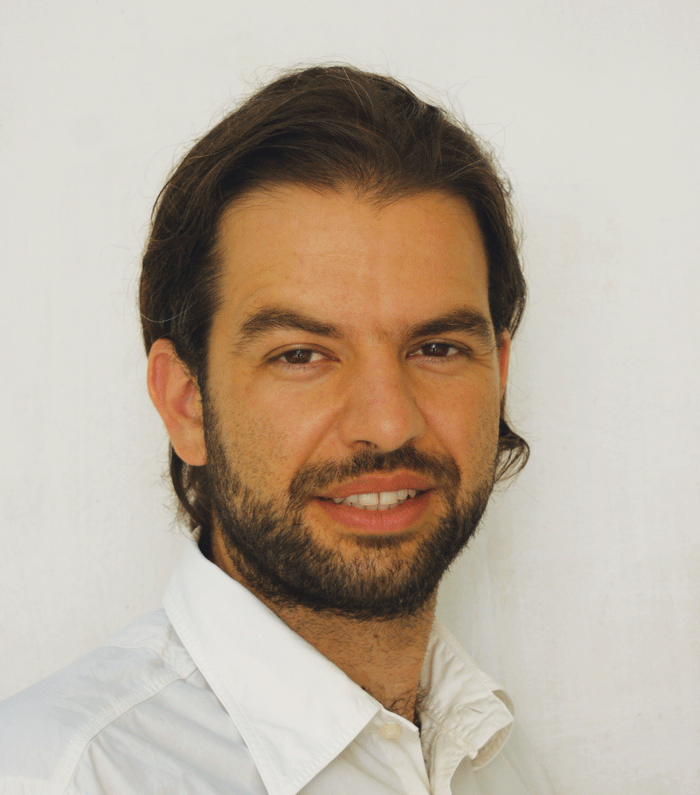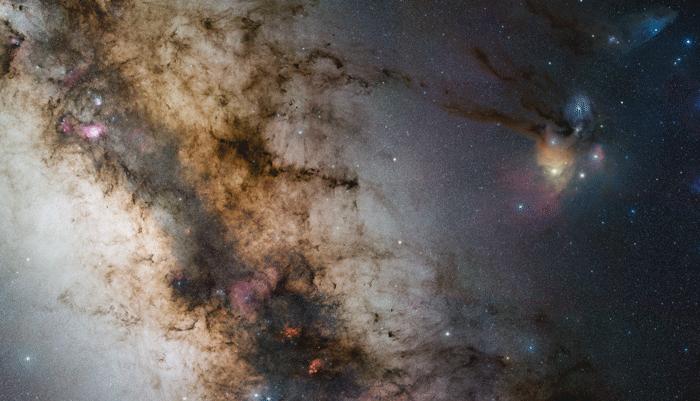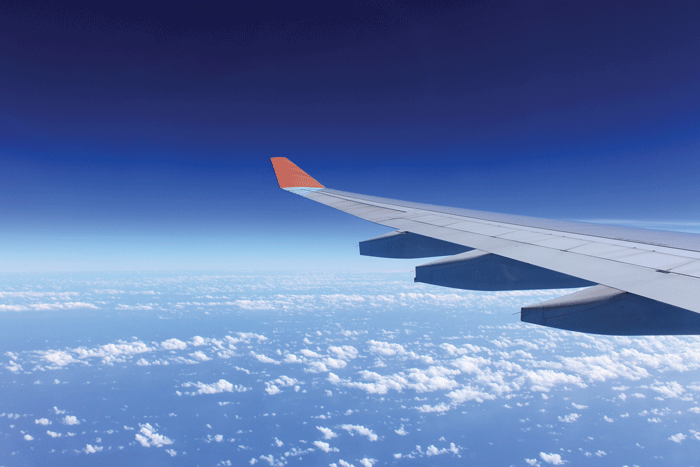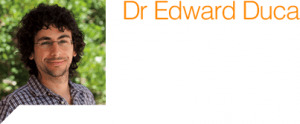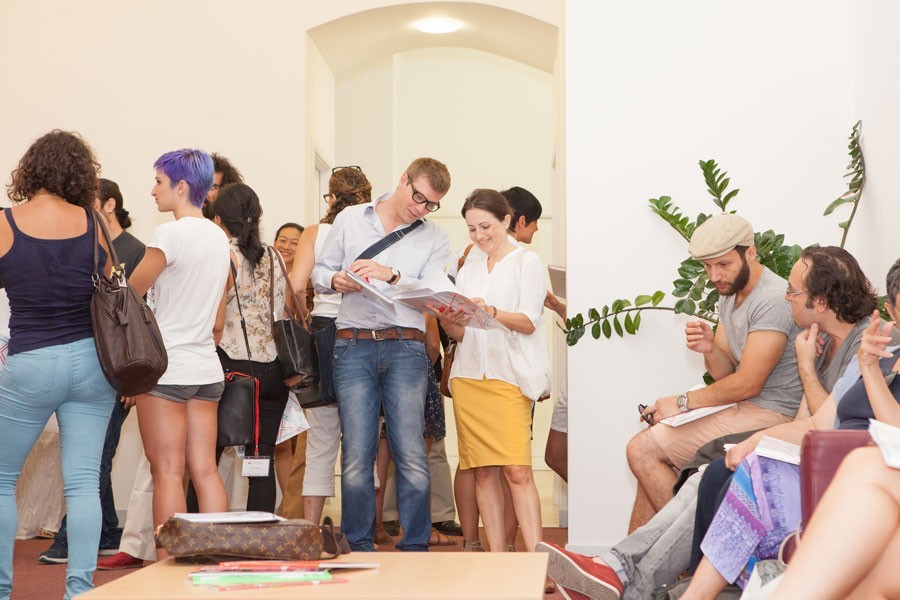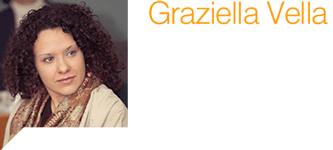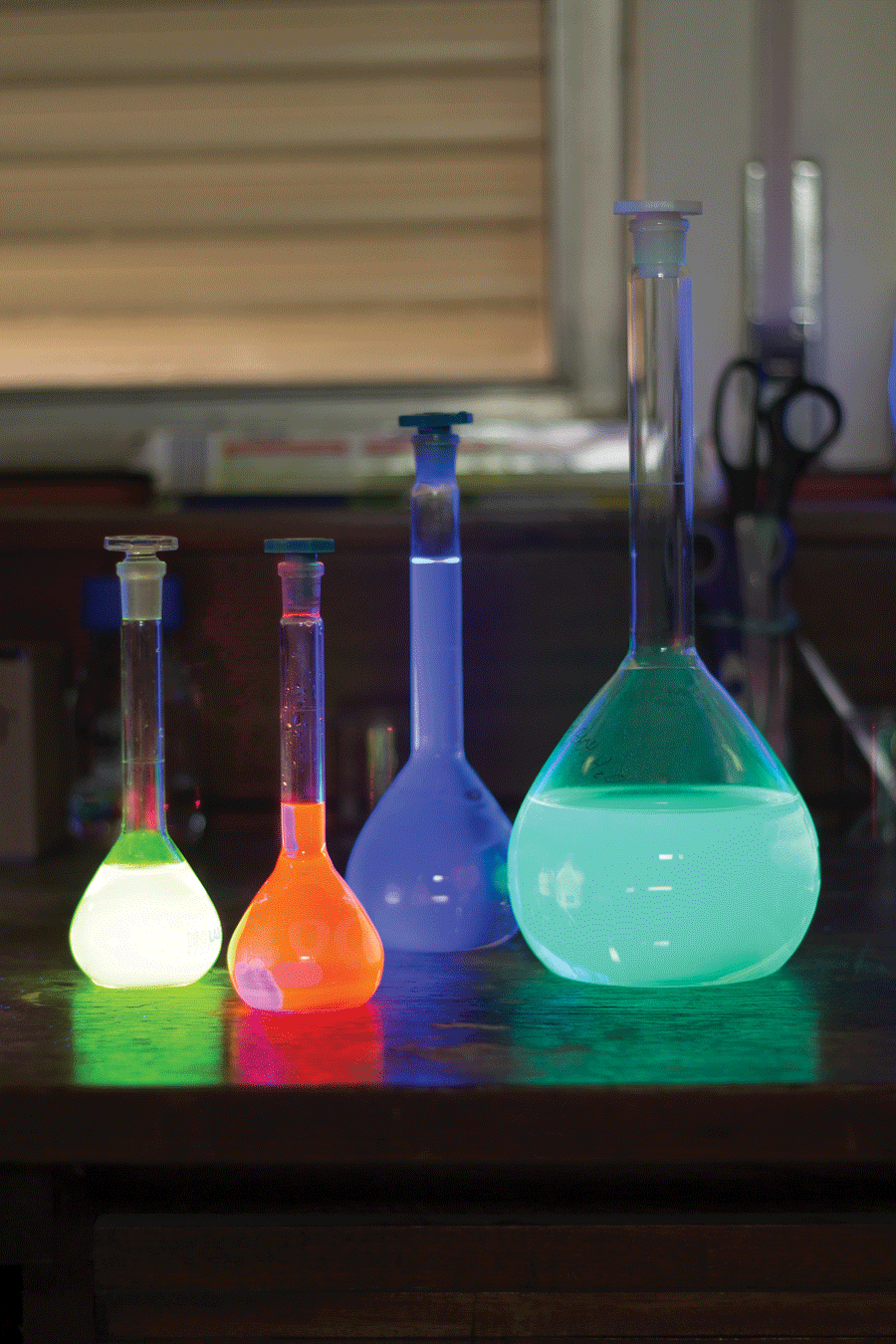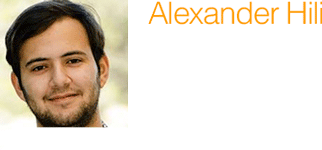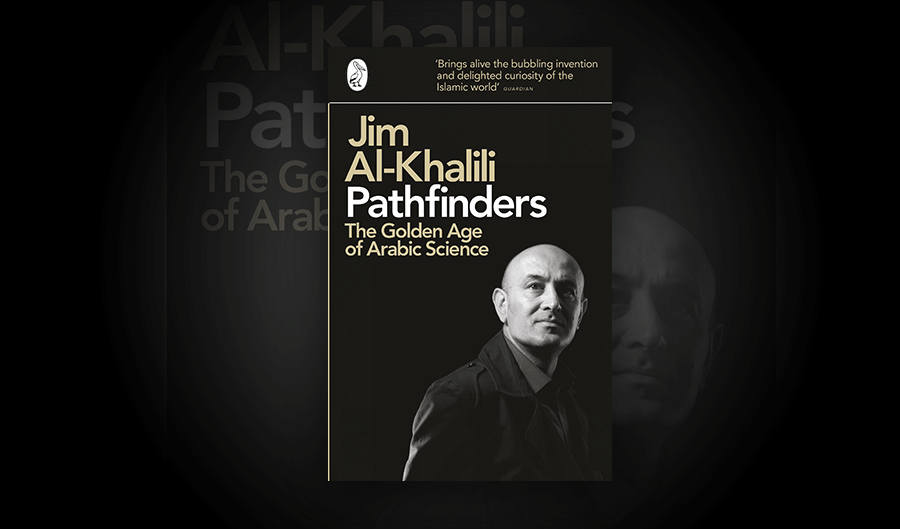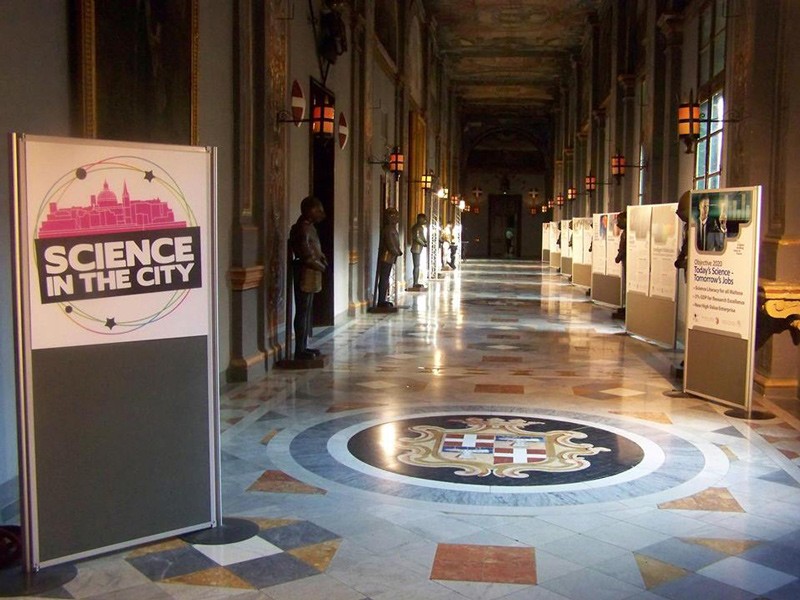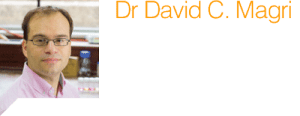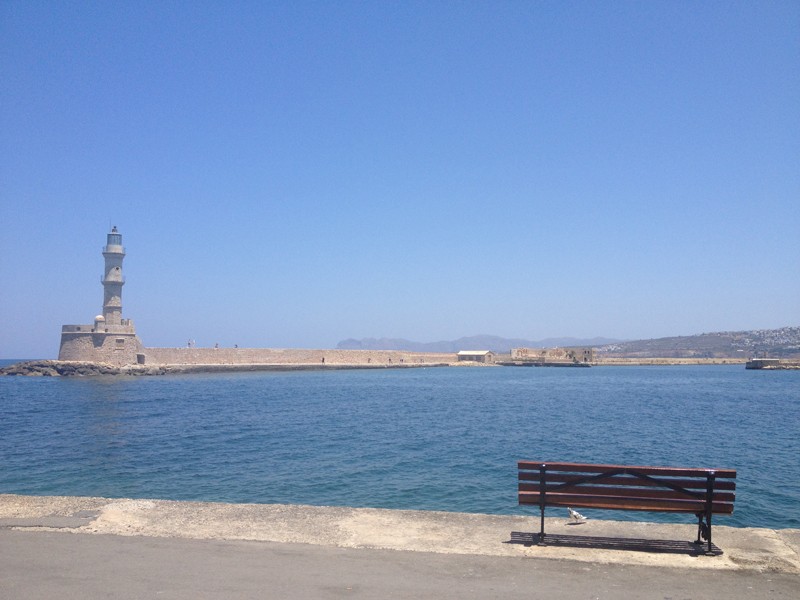An Untapped Funding Resource
Dr Vasilis Valdramidis speaks about funding opportunities.Continue reading
Light up my Universe
What is the universe made of? How was it formed? How old is it? Will things stay the same forever?
The night sky is shedding its secrets as Ian Fenech Conti (Institute of Space Science and Astronomy) talks about his work measuring the most elusive matter in the universe.Continue reading
Lighter and Stronger Planes
Bonnie Attard talks about the aerospace industry and how it can be improved.
I_compute I_create I_am
 Creativity is a quality that we, as humans, think is ours alone. Prof. Georgios N. Yannakakis is creating computers that might have already taken this away from us. Computational creativity is here. His games are helping children be more creative, others to overcome dyslexia, and even combat bullying. Words by Dr Edward Duca.
Creativity is a quality that we, as humans, think is ours alone. Prof. Georgios N. Yannakakis is creating computers that might have already taken this away from us. Computational creativity is here. His games are helping children be more creative, others to overcome dyslexia, and even combat bullying. Words by Dr Edward Duca.
Placing Cultural Research on the Map
The Valletta 2018 Foundation recently started a five-year research study to evaluate and monitor the European Capital of Culture (ECoC) project in Malta. The process combines both quantitative and qualitative approaches to collect data that will be communicated to the general public and interested stakeholders. This research will provide feedback to help fine-tune or correct the Foundation’s operations. The process aims to provide a local model for research in culture and the creative sector in order to encourage more cultural research after 2018.Continue reading
Colouring Chemistry
Smart, logical, and colourful. Dr David Magri and his team develop intelligent molecules. They are not only smart because they perform logical functions, similar to computers, but because they can detect miniscule changes in their surroundings that causes them to emit a large array of colours. These colour changes are intriguing researchers and are a great benefit to society.
Pathfinders: The Golden Age of Arabic Science
This book was published in 2010 but unfortunately remains one of the few examples of positivity towards Islam coming from the West. British Jim Al-Khalili was born in Iran and he wrote about science during the early days of Islam, also giving a beautiful picture of life before the Islamic revolution of 1979 that forced his family to flee. Al-Khalili is a an accomplished theoretical physicist and broadcast presenter for BBC Horizon, The Big Bang, Tomorrow’s World and Science and Islam (the parallel TV series to this book).
If you love history, you will love this book as Al-Khalili goes into great depth—three whole chapters—to explain the circumstances that led to the golden age of science within Islam. The standard history of science texts usually paints the Islamic Empire (the scientific golden age was mostly from the 8th till 13th century) as being the great saviour of Greek texts having translated the works of Pythagoras, Aristotle, and other Greek scientists that then instigated the Renaissance in Europe when they were translated into Latin and other languages. Al-Khalili shows that these scholars were not mere translators but innovative in Mathematics, Astronomy, Medicine, Chemistry, and other fields. Scholars came from all major faiths.
Al-Khalili takes till Chapter Four to start detailing these scientific achievements. I would have preferred if these came sooner. He reveals facts such as that the zero was not invented by the Arabs but by the Indians, the Arabs simply used it to powerful effect. The Arabs pushed mathematics by leaps and bounds and Al-Khalili uses multiple chapters to outline them all. They invented decimal fractions, part-invented the decimal system, and invented proofs of mathematical equations through induction, using pages of equations to break down the initial equation and prove it absolutely, which is still the gold standard for modern mathematicians.
“He reveals facts such as that the zero was not invented by the Arabs but by the Indians, the Arabs simply used it to powerful effect”
He talks about the polymath al-Razi (854 AD–925 AD). Al-Razi lays claim to classifying substances according to their properties based on experimentation. He used experimentation to select the most hygienic site for Baghdad’s hospital, improved medical ethics and even accepted mentally ill patients (when concurrently the Christian world saw them as devil-possessed), distinguished between curable and incurable disease, clinical trials, and many other advances. His medical textbook al-Kitab al-Hawi fills 23 modern volumes, the largest in the Arab world.
Al-Khalili talks about plenty of other advances and scholars that are sure to surprise readers. The book can be slightly challenging for people to get through. Al-Khalili writes beautifully, clearly, but somewhat academically. If you’re interested in learning about a neglected part of the history of science, this book is for you.
I spoke to Al-Khalili back in 2010 about the TV series related to this book. His final words were that I had to bring his series to Malta. Words relevant then as they are now: a shining light on the possible positivity within Islam interpreted in the right way.
Science and Politics
Think meets up with Dr David Magri to tell us more about how he is trying to help scientists and politicians to network. Evidence-based policies need the input of scientists from all fields and are the future for Malta’s policy makers to develop a better, richer, and happier Malta.
Q: In a small country like Malta were everyone knows each other, why do scientists and politicians need to network?
A: Even in a small country like Malta, people do not know everybody. In particular, scientists and politicians are two groups of individuals with busy schedules and different priorities. Because of the inherent nature of their professions, these two groups have no natural reason to meet. Scientists spend a considerable amount of time in their office, laboratory, in meetings, out on fieldwork, and at conferences. Politicians spend a substantial amount of time in their office, in the House of Parliament, at meetings, events, and attending conferences. However, for the nation’s interests, science and research policy is important for future competitiveness with regards to technical skills and human resources. Parliamentarians and governments set the national priorities for research, but researchers need to meet these research objectives. Researchers have a better understanding of what is feasible and what resources are needed.
“Scientists and politicians are two groups of individuals with busy schedules and different priorities”
Q:How are you trying to get them to engage?
A: The Malta Chamber of Scientists has established Science in the House as a networking forum between scientists and parliamentarians. Under the auspices of the House of Representatives, Science in the House is also a poster exhibition highlighting some of the leading research conducted in Malta, particularly at the University of Malta. Now in its third year, the event continues to build momentum with greater participation every year. It takes place in the Presidential Palace in Valletta. This year a number of parliamentarians with science-related interests and backgrounds have been asked by personal invitation to attend the opening ceremonies of Science in the House.
Q:What is the role of Science in the House as part of Science in the City – European Researcher’s Night?
A: Science in the House is the opening ceremony for the Science in the City festival. During the weekend festival the Presidential Palace is open to the public in the evening. The poster exhibition is left on display for parliamentarians to view, and afterwards left on display over the Notte Bianca festival allowing the general public including students, parents, and tourists to view the exhibition. During the week an estimated 6,000 visitors viewed the exhibition last year.
Part of Science in the City, Malta’s Science and Arts Festival
For more stories click here
The event is supported by the Malta Chamber of Scientists, the RIDT University Research Trust, the University of Malta and the House of Representatives. For more information see
www.mcs.org.mt/index.php/events and on www.scienceinthecity.org.mt


